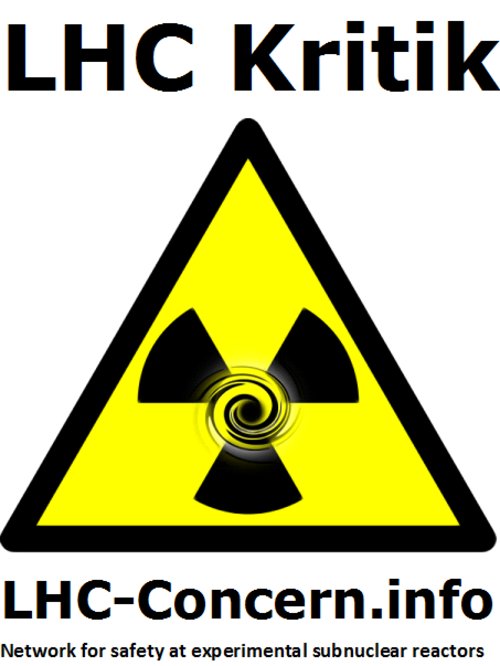Jan 3, 2013
Explaining Space Travel
Posted by Gary Michael Church in categories: asteroid/comet impacts, biological, defense, engineering, ethics, existential risks, finance, geopolitics, habitats, military, nuclear energy, nuclear weapons, space, transparency
I recently posted this on the only two other sites that will allow me to express my opinions;
I see the problem as one of self similarity; trying to go cheap being the downfall of all these schemes to work around human physiology.
When I first became interested in space travel several years ago I would comment on a couple blogs and find myself constantly arguing with private space proponents- and saying over and over again, “there is no cheap.” I was finally excommunicated from that bunch and banned from posting. They would start calling me an idiot and other insults and when I tried to return the favor the moderator would block my replies. The person who runs those two sites works for a firm promoting space tourism- go figure.
The problem is that while the aerospace industry made some money off the space program as an outgrowth of the military industrial complex, it soon became clear that spaceships are hard money- they have to work. The example of this is the outrage over the Apollo 1 fire and subsequent oversight of contractors- a practice which disappeared after Apollo and resulted in the Space Shuttle being such a poor design. A portion of the shuttle development money reportedly went under the table into the B-1 bomber program; how much we will never know. Swing wings are not easy to build which is why you do not see it anymore; cuts into profits.
 See
See 







